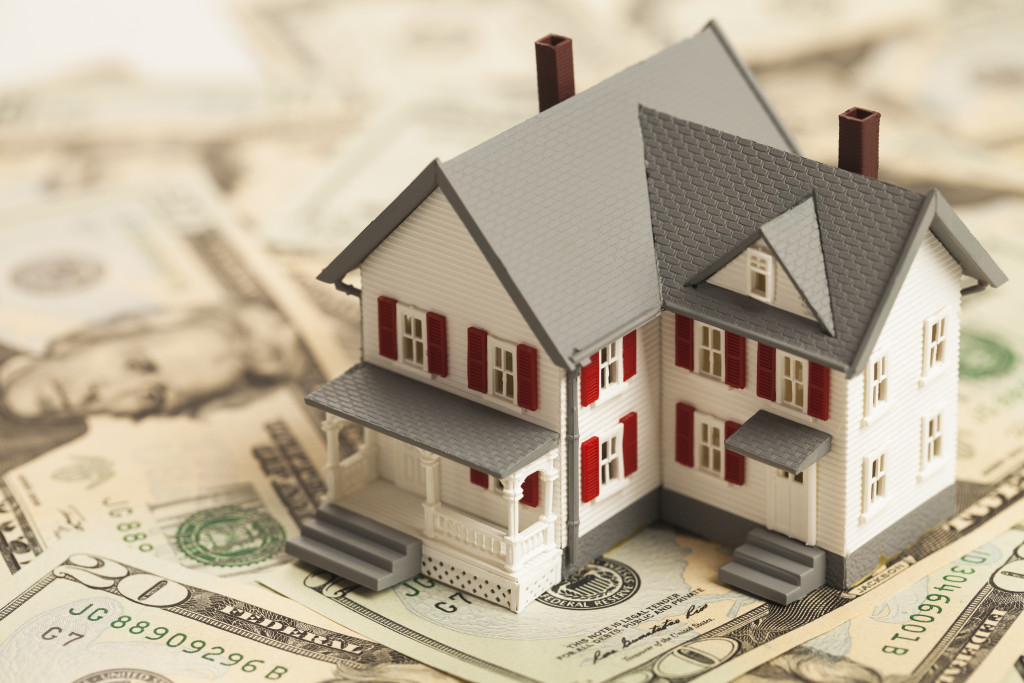- The average home price is at an all-time high of $349,000 in the U.S. due to low mortgage rates and a shortage of available homes.
- Significant factors affecting home ROI include functionality, size, over-personalization, energy efficiency, and location.
- Increasing your home’s living space and implementing energy-efficient features can enhance its value.
- Over-personalization can hinder your home’s ROI as it may not appeal to most potential buyers.
- Kitchen renovations, landscaping, and energy efficiency improvements are cost-effective ways to boost your home’s worth.
Your home will likely be the most significant investment you will make in your lifetime. It is, therefore, essential to ensure that any money spent on it increases its value. The worth of your property will increase over time, but you must ensure that the improvement projects have long-term financial benefits. Here’s what you need to know about the average price of homes today, what affects your home’s ROI, and the best home renovations to improve your home’s ROI.
Average Price of Homes Today
It’s estimated that homes have reached $349,000, an all-time high in the U.S., according to the latest data from Zillow. That’s a 6.2 percent increase from last year and indicates that homeownership is becoming increasingly expensive for many people.
In addition, the 2020 presidential election has caused instability in the housing market and low mortgage rates, increasing demand for homes. This has led to higher home prices and a shortage of available homes, making it more difficult for many people to purchase a home.
What Affects Your Home’s ROI?
Several factors can affect your house’s return on investment (ROI). Here are some of them:

Functionality
First, it’s essential to consider the functionality of your home. If you plan on renovating or remodeling, ensure that any changes don’t add unnecessary costs and are designed to optimize your house’s value.
Size
The average size of homes in the country has reached around 1,600 to 1,650 square feet, smaller than the 2,000 square feet homes of two decades ago. Building up or increasing your home’s living space can be a great way to increase its value.
Overpersonalization
Although renovations add value to your home, over-personalization can harm your ROI. When homeowners customize too much, it reduces the appeal for potential buyers, resulting in a lower sale price. Instead, think about projects that will be appealing to most potential buyers.
Energy Efficiency Features
Home buyers focus on energy costs when looking for properties. As such, a home with energy-efficient features such as insulation, solar panels, and double-paned windows will be more attractive. These upgrades often result in long-term savings, which benefit the environment and your wallet.
Location Matters
Location plays a crucial role in determining a home’s ROI. Properties located in desirable school districts, with access to amenities such as parks, restaurants, shopping centers, and public transportation, will have a higher value than homes in less desirable areas.
Best Renovation Options for Increasing Your Home’s Value
When undertaking home improvement projects, many people focus on cosmetic changes. However, these projects often don’t offer the highest ROI and can even decrease the value of your property if they are over-personalized. Here are some more cost-effective improvements that increase your home’s worth:
Kitchen Renovations
Kitchen renovations are among the best ways to increase your home’s value. Upgrading your kitchen with stainless steel appliances, modern cabinets, and countertops can offer more than 75 percent ROI.

Landscape
A good home has a good lawn. Landscaping your property is a great way to make it more attractive and improve its appeal. Strategically placed trees, shrubs, flowers, and plants can increase your home’s value by up to 12 percent. If you don’t have the time to do this, consider hiring a local landscaping service to help you. They can ensure that your lawn will be cared for with minimal effort.
Energy Efficiency Improvements
Energy efficiency upgrades are among the best ways to improve your home’s value. Adding insulation, replacing windows and doors, updating light fixtures to LED bulbs, and installing solar panels can help reduce energy costs while increasing their worth. In addition, many utility companies offer tax credits and other incentives for making energy-efficient improvements, which can help reduce renovation costs.
Investing in your home is a substantial financial decision. Choosing improvements that boost your home’s value and appeal to potential buyers is crucial. Focus on functional upgrades and adopt energy-efficient systems to reap long-term financial and environmental benefits. Remember that while the average price of homes rises, smart home improvements can ensure a favorable return on investment. With careful planning and smart choices, you can create a comfortable living space that holds its value well in the market.

